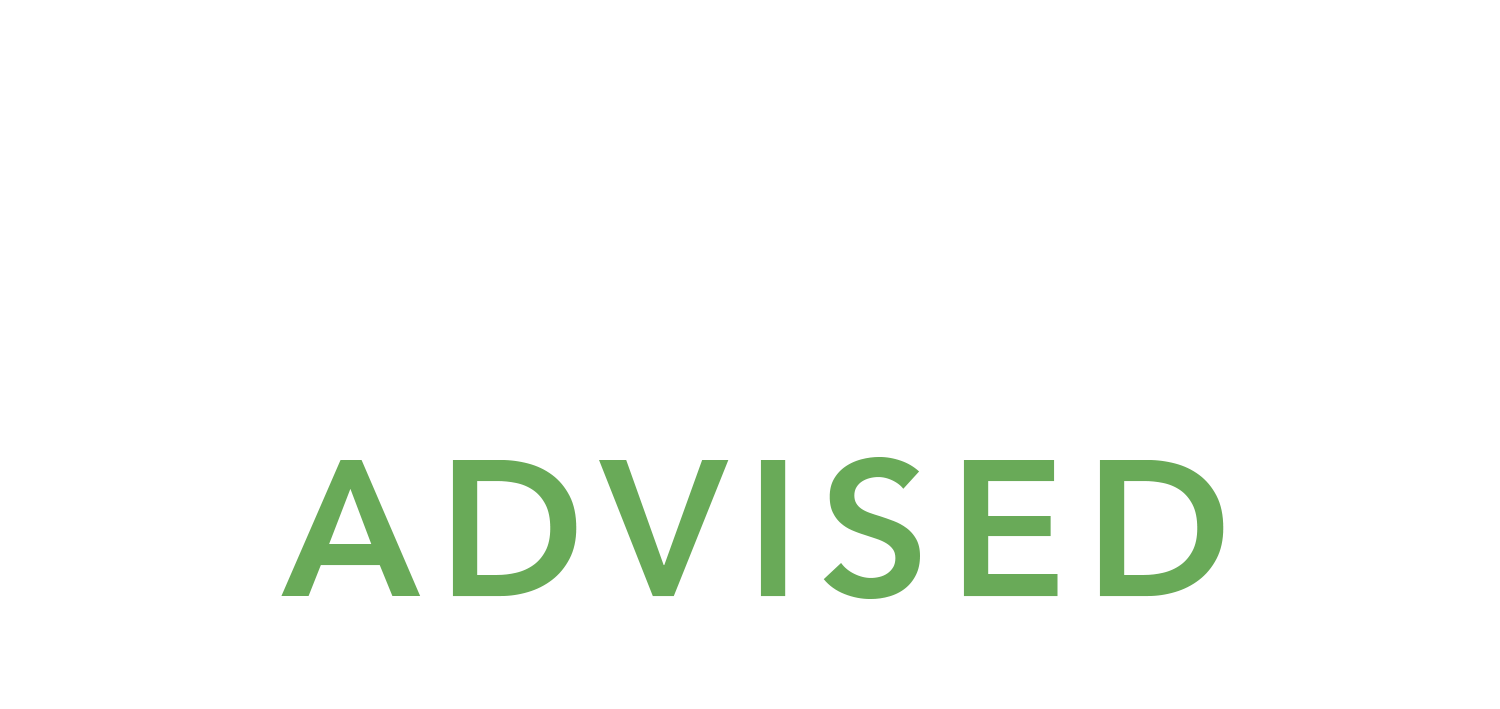There can be a lot of confusion about estate planning—the terminology, process, and, most importantly, its effect on you. What comes to mind when you think about estate planning? Maybe it is endless paperwork, legal documents, and uncomfortable conversations with your loved ones.
But estate planning doesn’t have to be hyper-complex or even awkward, it is actually a vital tool for your financial and personal journey and can be used to give you the legacy you deserve. One way you can do that is through establishing a trust.
WHAT IS A TRUST?
The media offers us many images for what a trust is and the type of person that has access to such a fund. The movies portray a young, immature teen galavanting around the country without a care in the world. But you can’t believe everything you see on TV, right?
Trusts are not reserved for a certain group of people, they can be used as a catalyst for your estate plan and the legacy you leave behind. A trust is a legal document that allows an individual to create a direct line of inheritance for their assets. This means that you can set up a trust to house your assets and, at a select point, transfer those assets to your chosen beneficiaries.
Let’s talk about what people typically put in a trust. You can fund your trust using a traditional checking or savings account, real estate, business interest, money owed to you through your business, life insurance benefits, and brokerage accounts.
You can’t (and probably shouldn’t – even if it was an option) fund your trust with your workplace retirement plan (like a 401(k)), or a Health Savings Account. Because these types of accounts are specifically going to be used for your own retirement, even if you could use them to fund your trust, it’s in your best interest to maintain full control over these accounts and keep them in your name with your beneficiary designations kept up to date.
People may say that three’s a crowd, but in a trust, there are often three parties involved:
Grantor:
The person who establishes the fund and supplies the assets.
Trustee:
You may think this refers to the person who obtains the assets, but in fact, a trustee is a person who controls the trust until the beneficiary becomes of age.
Beneficiary:
The person or people who receive the inheritance or assets within the trust.
It works like this: Let’s say Kelli and I set up a trust for our sons Jorge and Theodore. I can elect my brother-in-law Kevin to be the trustee for the account. Jorge and Theodore won’t have direct access to the assets in the trust, and Kevin has control over when Jorge and Theo can receive the assets or until they reach the age I’ve designated in the trust.
So since a trust is used to house assets, is it the same thing as a will?
Nope, it’s not!
TRUST vs. WILL
A will is a document that dictates your wishes for your assets, including which assets should be distributed to which people/charities. Your will is an integral part of your estate plan, a document that you must have to spell out your last wishes. It can also be used to designate your property holdings, name guardians for your children, decide how debts will be paid, and even name an executor of your estate. When you think of your will, then, it should be at the forefront of your estate plan.
On the other hand, a trust is an optional account you can establish for your descendants. You do not need to include a trust in your estate plan, but there can be many benefits to this type of fund. Let’s see what those are!
BENEFITS OF A TRUST
A trust will allow you to have more control over your wealth and where it goes when you pass away. With a trust you can:
- Avoid probate
- Probate involves the public record which often means increased court and legal fees. When you have a trust, sometimes you are able to keep that part of your estate out of the public record keeping your assets more private.
- Decrease estate taxes
- A trust can allow your descendants to avoid the full brunt of estate taxes, allowing your money to go farther.
- Control over your estate
- You will be able to spell out the terms of the trust which gives you more control over your assets and how they will be handled while you are alive and when you pass away.
As you can see, a trust can be a valuable way to account for and distribute your assets in a private and controlled setting. It is important to remember that a trust is a possibility for your estate plan, but a will is a crucial document for your legacy and assets.
Are you interested in seeing how a trust could fit into your estate plan? Schedule a consultation with us today.
Tony Velasquez runs Wisely Advised, LLC a full-service Registered Investment Advisory Firm offering Financial Planning, Accounting and Investment Advisory services to individuals, families, and businesses.
